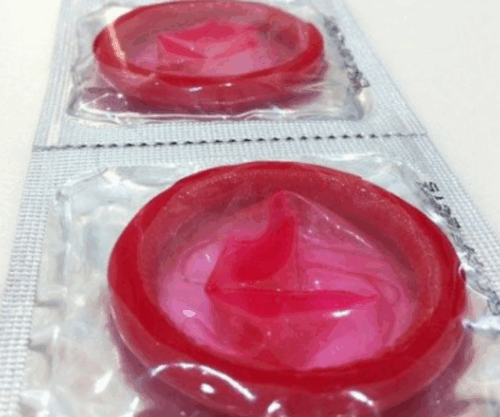
Being around someone who has a cold or is in the middle of getting one has been an inconvenience for many.
It then becomes important to understand the contagious nature of the common cold as temperatures drop. Experts provide tips to safeguarding yourself against colds as well as an explanation of when and how long a cold is contagious.
Symptoms of common colds
According to the health-focused publication Health, headaches, coughing, runny nose, sneezing, a sore throat and stuffy nose are among the most typical symptoms of a common cold.
Risk factors
The above-mentioned source also states that cold viruses are highly transmissible and can infect multiple people. Factors that increase the likelihood of getting a cold include age (colds usually strike children), close proximity to someone who is sick, and winter which is known as the cold and flu season.
Early treatment
According to Healthline, a health publication, it is crucial to regularly wash your hands with soap and warm water for twenty seconds, or use an alcohol-based hand sanitiser if soap and water is unavailable.
Avoid touching your face with unwashed hands, especially in public spaces, the bathroom, changing a diaper, eating, or caring for sick individuals. Keep your distance from people with cold symptoms to prevent the spread of the virus, the publication states.
How long do common colds last?
Healthline further explains that the common cold takes up 1-3 days to incubate which means that symptoms may not show up for up to three days. The virus can spread to other people during this period undetected, and the infected individual is contagious for as long as they show symptoms.
It takes up to 7-10 days to fully recover from a cold with progressively lessening symptoms. However, a cold-induced cough can last for 18 days with some individuals. This cough can lead to cold complications like bronchitis, pneumonia, sinus infections, ear infections, and throat infections, especially in those with conditions like asthma, chronic obstructive pulmonary disease, or weakened immune systems, the health hub further explains.
Also see: Here’s what causes the sharp pain on your lower back




